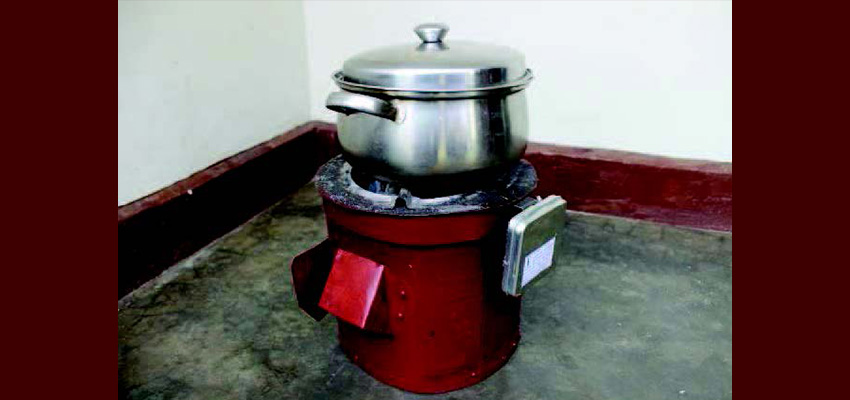
Abstract
Improved Cook Stoves (ICSs) present a range of benefits such as decreased fuel consumption and improved air quality. However, in order for these benefits to be realized a household must adopt and consistently use the ICS. This paper documents the first phase of a stove adoption study conducted in Soroti, Uganda with a locally manufactured Tier 2 efficiency cookstove, tested under IWA 11. A market-based approach was used to disseminate ICSs in the local community to a group of 40 participant households. Study participants were divided into three groups non-users, new users and existing users. Initial field interviews were conducted with all participants to understand their perceptions of the stove and reported usage patterns. The most common reason cited for purchasing the stove by new users was fuel savings. Additionally, 130 days of usage was collected using a custom made Stove Use Monitor (SUM). The SUMs indicate that existing users consistently use the ICS. New users exhibit low and inconsistent usage during the initial 35 days of owning the ICS, but within approximately 75 days' increase usage and follow same pattern as the existing user group.

